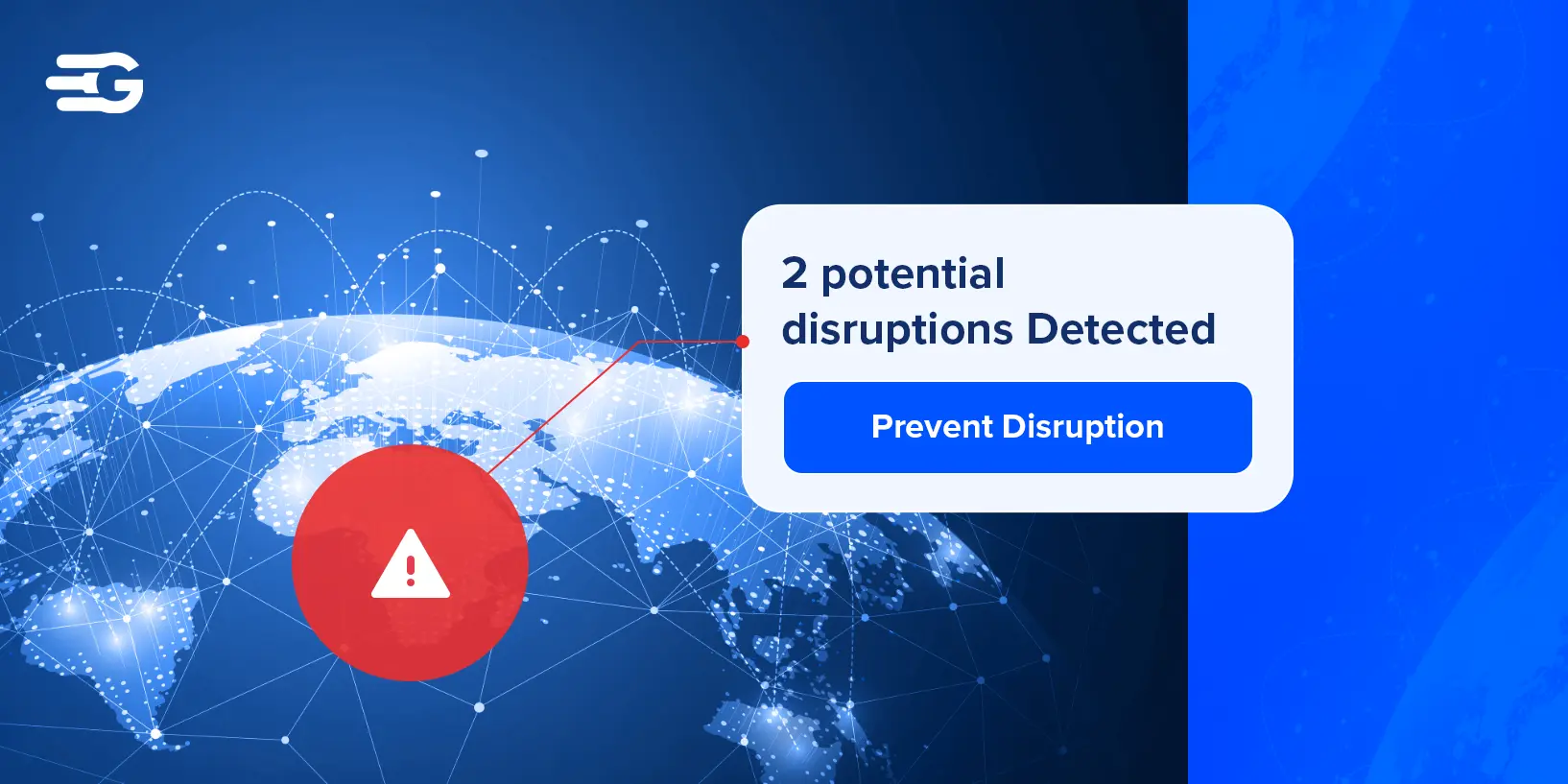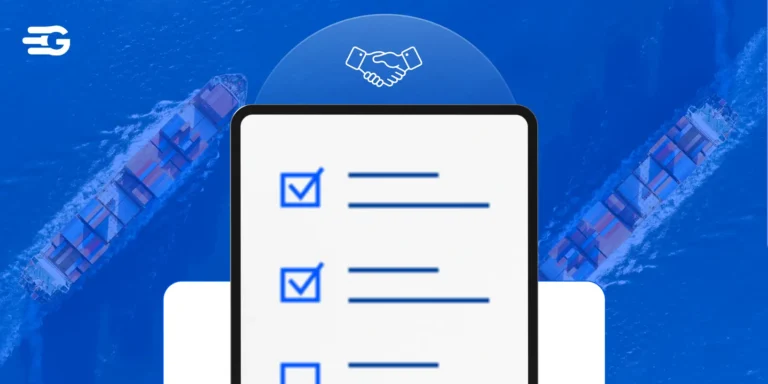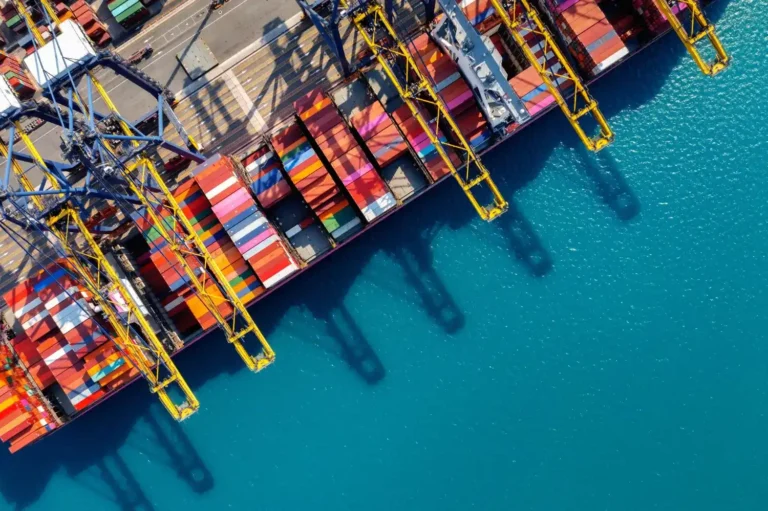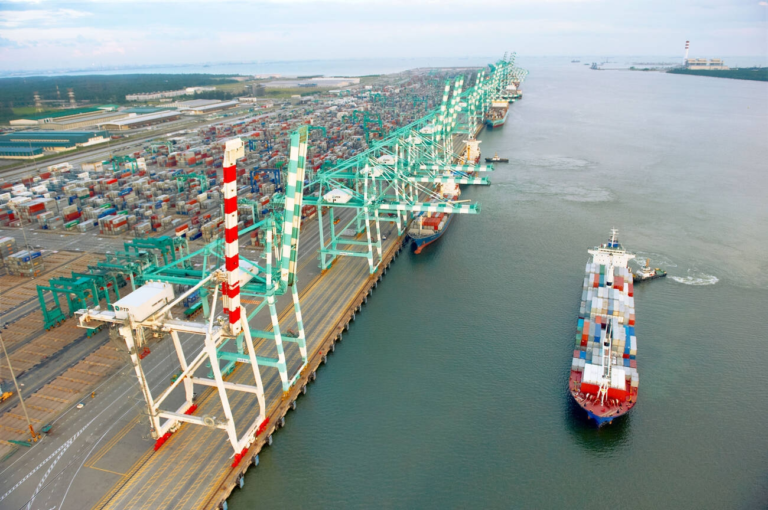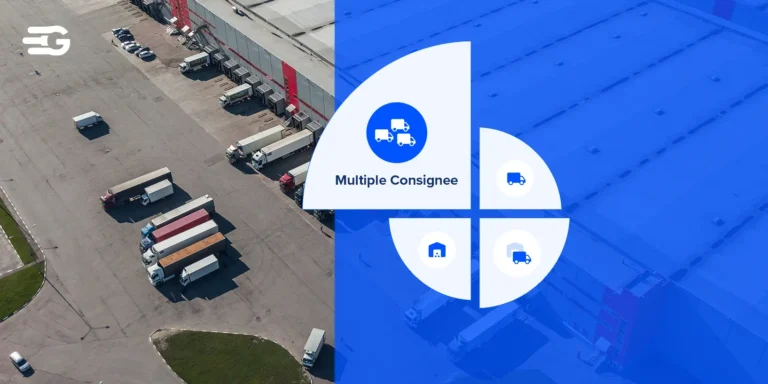The Future of Proactive Logistics: How Incident Dashboards Predict and Prevent Disruptions
In today’s fast-paced global supply chain, disruptions are inevitable. From geopolitical tensions to extreme weather events, businesses must be prepared to tackle uncertainties head-on. Traditional logistics management often relies on reactive strategies, addressing issues only after they arise. However, the future of supply chain resilience lies in proactive logistics, where technology plays a crucial role in predicting and preventing disruptions before they escalate. This is where AI-powered Incident Dashboards come into play.
What is an Incident Dashboard?
An Incident Dashboard is a real-time monitoring tool that aggregates and analyzes data from multiple sources to identify potential supply chain disruptions. By leveraging AI-driven analytics, geospatial data, and historical trends, these dashboards provide a comprehensive view of ongoing and emerging risks.
The Shift from Reactive to Proactive Logistics
Traditional supply chain management often focuses on responding to delays and disruptions after they occur. While this approach helps mitigate damage, it doesn’t prevent losses in time, revenue, and customer trust. Proactive logistics, powered by Incident Dashboards, flips this approach by enabling early detection, risk assessment, and preventive actions.
How Incident Dashboards Predict and Prevent Disruptions
1. Real-Time Monitoring & Alerts
Incident Dashboards track weather conditions, port congestion, geopolitical events, and shipment delays in real time. AI-driven insights detect anomalies and send alerts to stakeholders, allowing them to take immediate action before minor issues turn into major disruptions.
2. Predictive Analytics for Risk Assessment
Using historical data, machine learning models assess the likelihood of disruptions and suggest contingency plans. For example, if a port is experiencing increased congestion, the system can recommend rerouting shipments through alternative ports, ensuring minimal delays.
3. Data-Driven Decision Making
Incident Dashboards consolidate data from multiple logistics touchpoints, providing actionable insights. By integrating satellite tracking, carrier performance metrics, and predictive ETA analysis, businesses can make informed decisions on rerouting shipments, adjusting inventory, and communicating with customers.
4. Supply Chain Visibility & Collaboration
These dashboards enhance end-to-end visibility by connecting suppliers, freight forwarders, and logistics teams. Proactive communication ensures that all stakeholders are aligned, reducing uncertainty and enabling quicker responses to emerging threats.
The GoComet Advantage: AI-Powered Incident Dashboard
GoComet’s Incident Dashboard takes proactive logistics to the next level by offering:
- AI-Driven Predictive Alerts: Receive instant notifications on potential risks affecting shipments.
- Automated Contingency Planning: Get actionable recommendations to mitigate delays.
- Seamless Integration: Connect with existing logistics systems for enhanced decision-making.
- Comprehensive Reporting: Gain insights into disruption patterns to continuously improve supply chain resilience.
Looking Ahead: The Future of Proactive Logistics
As AI and big data analytics continue to evolve, the capabilities of Incident Dashboards will only improve. Future advancements may include automated rerouting suggestions, deeper integration with IoT devices, and blockchain-enabled transparency. The logistics industry is shifting towards a proactive mindset, where businesses no longer wait for disruptions but anticipate and prevent them.
With GoComet’s AI-powered Incident Dashboard, companies can navigate supply chain challenges with greater confidence, agility, and efficiency. The future of logistics is here—and it’s proactive.
Ready to transform your supply chain with AI-powered disruption management? Contact GoComet today to explore how our Incident Dashboard can help you stay ahead of disruptions.
